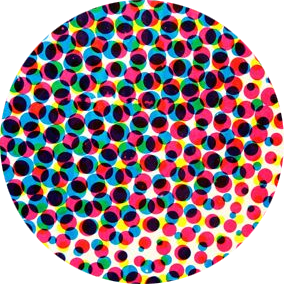Intergenerational Trauma in “7 Generations” and “Sugar Falls”


In “A Necessary Antidote,” scholar of Indigenous writing Sarah Henzi explores how testimonial comics offer “an exploration of different means to reconnect the elements of the past with those of the present and future.” 2/11

This theme is forefront in “7 Generations” which begins with a suicide attempt that leads the protagonist (Edwin) through a painful reconciliation with his ancestral and familial past, one that allows him to reconnect with his estranged father, a residential school survivor. 3/11


“All our ancestors live within you, our ways and our history. We call this ‘blood memory.’ The elders say that what was done to us will touch us for 7 generations. So, too, the healing we do now will mend our people over that time.” 5/11

In addition to blood memory, this passage surfaces the “Seventh Generation Principle,” a Haudenosaunee worldview that approaches all actions in terms of their impact across seven future generations – essentially a long-view perspective of accountability. 6/11

Similar consideration of 7 generational thinking also manifests in Robertson & Henderson’s bestselling “Sugar Falls,” which portrays real-life residential school survivor Elder Betty Ross recounting her experience at residential school & thus connecting the past and future. 7/11

In the story she recounts, 5-year-old Betty is violently disowned by her mother. “What I didn’t know then was that she was a survivor of a residential school and its unimaginable abuses. She wasn’t cared for, and so didn’t know how to care for me.” 8/11

Betty finds a loving foster family but is later abducted and sent to a residential school herself, suffering her own unimaginable abuses. In recounting her story, however, Betty finds hope for the future: 9/11

“Telling these stories is how we will create change. We need to look at the past to teach others our stories, and then look forward together, with knowledge and healing.” 10/111

Both stories illustrate the complex trajectory between past and present in order to establish how reconciliation with said past – in a sincere and transparent way – is necessary in order to build a sustainable future. 11/11
